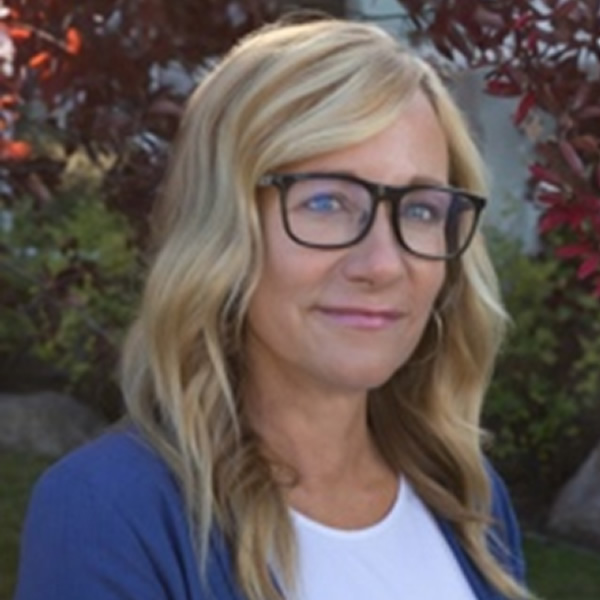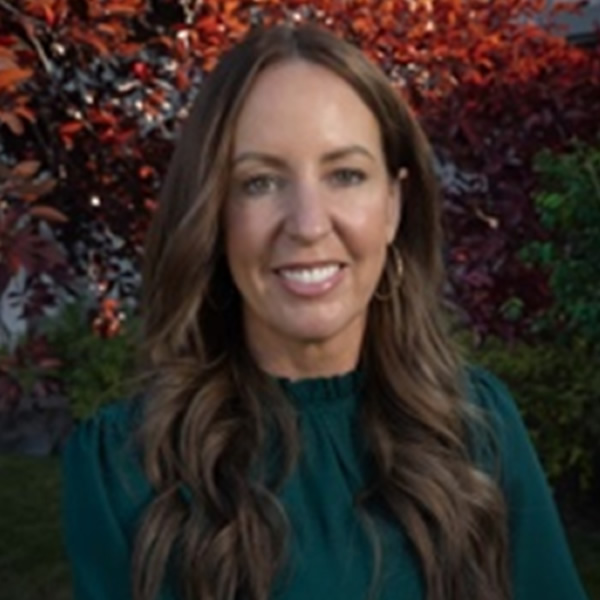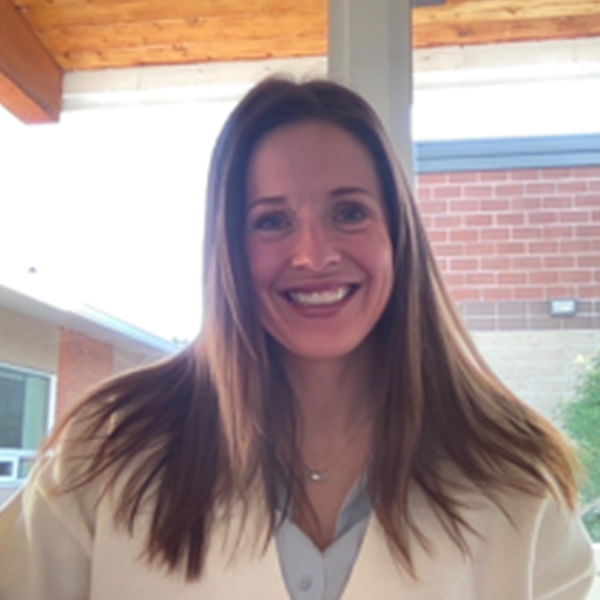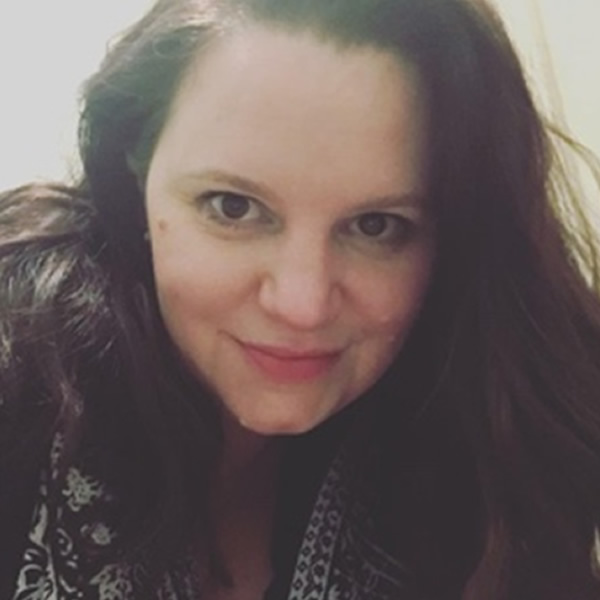Suitable for Teachers
Overview
LDAA offers five webinars that provide concrete strategies for improving students’ reading comprehension and writing skills. These webinars are independent of each other and can be taken in any order. Dive into these webinars to enhance your knowledge and learn new information and strategies, all presented by top experts in the field. This webinar offers two opportunities to view the sessions – live and recorded. Webinars are offered live on the dates and times listed below. In addition, registrants get access to all recorded sessions after each live session.
Part 1: Reading Comprehension Revealed – Models & Skills to Support Every Learner
Presenter: Jodi DeVries; Experienced educator, University of Alberta course instructor and Doctoral student in Special Education
Date: February 1, 2024, from 4:00 – 5:30 pm
In this session we will explore the models of reading comprehension that guide our knowledge in this field. We will consider research-backed approaches to supporting students in whole-class and intervention contexts. Participants will gain ready-to-implement ideas, as well as a contextualized understanding of the models that guide these practices.
Part 2: Reading and Writing with Intention
Presenters: Calgary Academy Teachers: Karri Johnson – Literacy Lead for Writing & Tienneke Calder – Literacy Lead Reading
Date: February 27, 2024. From 4:00 – 5:30 pm
This webinar emphasizes the need for integrated literacy instruction whereby foundational reading and writing skills are taught together, creating a more holistic learning experience. The research suggests that integrated instruction of reading and writing can help students develop phonics and decoding skills more effectively. In addition, explicitly teaching reading and writing together will enhance comprehension and strengthen writing fluency. This webinar will suggest an instructional approach and provide lesson samples that align with the K to 6 ELA curriculum.
Part 3: Linking Reading Comprehension & Executive Function
Presenter: Andria Slipp; Head of Literacy and Admissions at Rundle Academy
Date: April 10, 2024, from 4:00 – 5:30 pm
This presentation examines the interplay between executive function and reading comprehension and explores how reading comprehension instruction might integrate executive function support for students with ADHD and Specific Learning Disorder in Reading.
Part 4: Syntax & Reading Comprehension – What Does a Sentence Have to Do with It?
Presenter: Lisa Kohel; Registered Speech Language Pathologist, University of Alberta course instructor Doctoral Candidate
Date: May 9, 2024, from 4:00 – 5:30 pm
Sentence-level comprehension, a key ingredient to understanding text, is often overlooked when reading comprehension problems are identified. In this session participants will: connect oral language–specifically, syntactic proficiency to later reading comprehension outcomes, will become aware of syntactic properties of sentences that make them difficult to understand, and gain insight into evidence and methods for addressing sentence complexity in instruction.
Part 5: Practical Tools for Enhancing Morphology Instruction
Presenter: Kristy Dunn, doctoral candidate in Special Education and Principal Instructor in the Faculty of Educational Psychology at the University of Alberta
Date: May 22, 2024, from 4:00 – 5:30 pm
As early as Grade 1, teaching morphology can help improve reading, spelling, vocabulary, and comprehension. Importantly, we know that teaching morphology benefits students with Dyslexia. This session expands on advanced phonics instruction to include morphology. It shows how word study can build an understanding of the spelling-meaning connection in words and strengthen word consciousness. Teachers will be provided with practical examples of instructional strategies, including organizational tools (e.g., word bags, word sums, and word matrices). Ready-to-go resources will be shared that can be used across content areas and grade levels.

Jodi DeVries
Experienced educator, University of Alberta course instructor and Doctoral student in Special Education
Bio of Jodi DeVries
Jodi DeVries is an experienced educator who taught middle school for many years in Calgary. Her journey then led her to Harvard Graduate School of Education, where she completed a Master of Education, and then to Landmark School, a high school for students with language-based learning disabilities. Jodi has previously worked in Alberta Education to create literacy resources for teachers, and as a sessional instructor at Mount Royal University. Currently, Jodi is a PhD student in Special Education at the University of Alberta. Jodi is passionate about the need for knowledge and use of evidence-based literacy practices in schools, and she works with a number of schools in Alberta to support their capacity to deliver such instruction.

Karri Johnson
Literacy Lead for Writing at Calgary Academy
Bio of Karri Johnson
Karri Johnson is part of the Learning Team at Calgary Academy, serving as a Literacy Lead. With a passion for nurturing the skills of young readers and writers, Karri has spent over two decades dedicated to the field of education. Her expertise lies in developing innovative instructional programs for writing, tailored to empower students to express themselves with confidence and clarity. Currently, Karri is working on building an integrated approach to literacy education that underscores the profound interconnectedness of reading and writing.

Tienneke Calder
Literacy Lead for Reading at Calgary Academy
Bio of Tienneke Calder
Tienneke Calder’s passion is literacy. In her role as a Literacy Lead at Calgary Academy, Tienneke plays a pivotal role in designing and implementing innovative educational practices that cater to a wide spectrum of learning styles. Her pedagogical approach is characterized by a dedication to empowering learners to reach their full potential. She is an enthusiastic educator with over 15 years of teaching experience. Over the past few years, Tienneke has worked extensively with the development of foundational reading skills in diverse learners, implementing professional teacher learning and evidence-based early literacy practice.

Andria Slipp
Head of Literacy and Admissions at Rundle Academy
Bio of Andria Slipp
Andria Slipp is the Head of Literacy, Admissions Officer, and senior high teacher at Rundle Academy, an independent day-school in Calgary, Alberta which specializes in supporting students with Learning Disabilities. Her areas of professional interest include structured literacy for older students (grades 4-12), writing interventions, ADHD, and educational leadership. Away from the school setting, Andria enjoys experiencing the world through travel, exploring the Rocky Mountains in her backyard, and watching her teenage children grow into amazing people.

Lisa Kohel
Registered Speech Language Pathologist, University of Alberta course instructor Doctoral Candidate
Bio of Lisa Kohel
Lisa Kohel is dual trained as an Elementary Teacher and as a Speech Language Pathologist. She has been practicing speech language pathology for 18 years and has spent the majority of her career supporting students and educators in schools. She has a small private practice and currently supports school districts, children, and their families looking for support in language, literacy, speech sound disorders. She works with schools and teachers to implement whole-class, evidence-based language and literacy practices and is interested in collaborative efforts to improve student outcomes, especially for children at-risk or have identified speech-language needs. Lisa is completing her first year of Doctoral studies at the University of Alberta, Faculty of Education, Department of Educational Psychology-Special Education under the supervision of Dr. Lesly Wade-Woolley. Lisa’s interests include understanding the linguistic profiles of students with Developmental Language Disorder (DLD) as they progress through the grades, early identification of those students typically identified as late-emerging struggling readers, Teacher and SLP self-guided learning journey experiences around the science of reading, and Teacher SLP collaboration to meet the needs of children identified with oral language and reading impairment.

Kristy Dunn
Doctoral candidate in Special Education and Principal Instructor in the Faculty of Educational Psychology at the University of Alberta
Bio of Kristy Dunn
Kristy Dunn, Ph.D., is a researcher and learning consultant at the University of Alberta, specializing in literacy and reading intervention development for at-risk readers. She has over 15 years of teaching experience in elementary and post-secondary classrooms. Kristy recently developed an early reading intervention for Alberta Education that is being used across Grades 1 to 3 and trains teachers nationwide in structured literacy. She co-authors The Phonic Companion: 120 Lessons for Teachers and is the Senior Series Consultant for Bug Club Morphology with Pearson Education.

